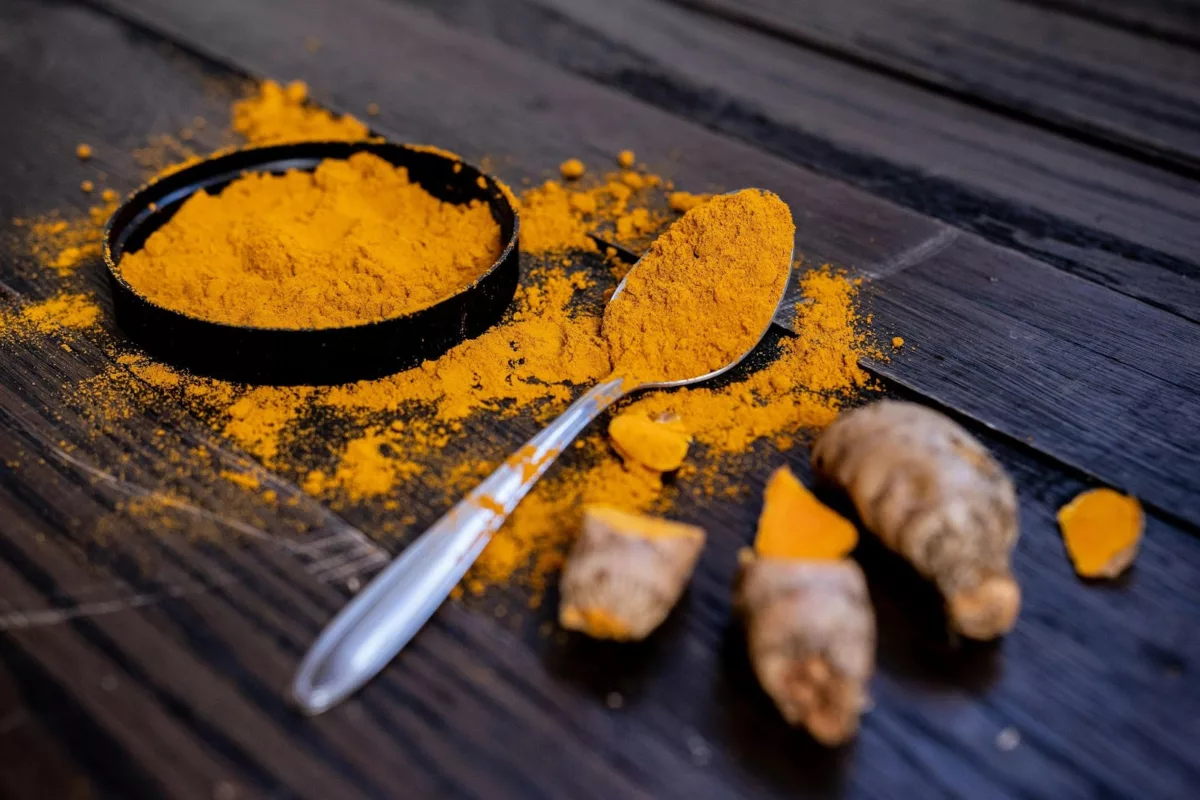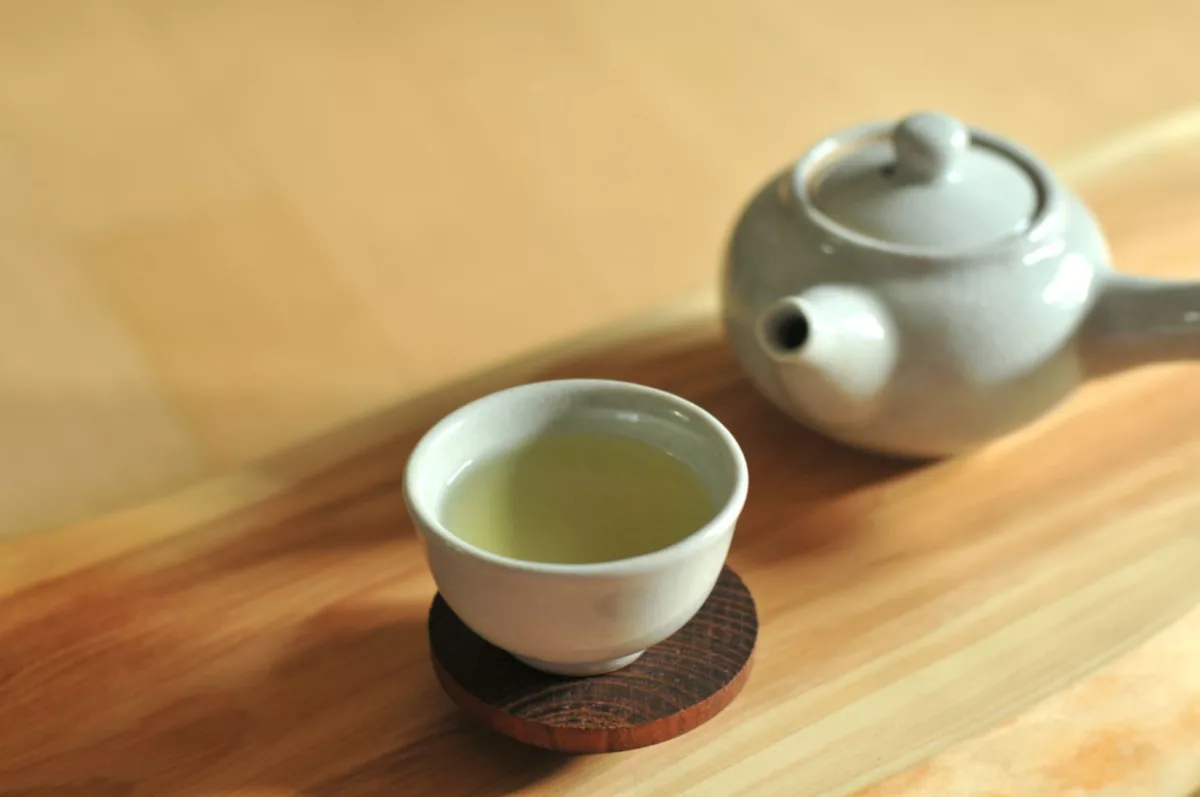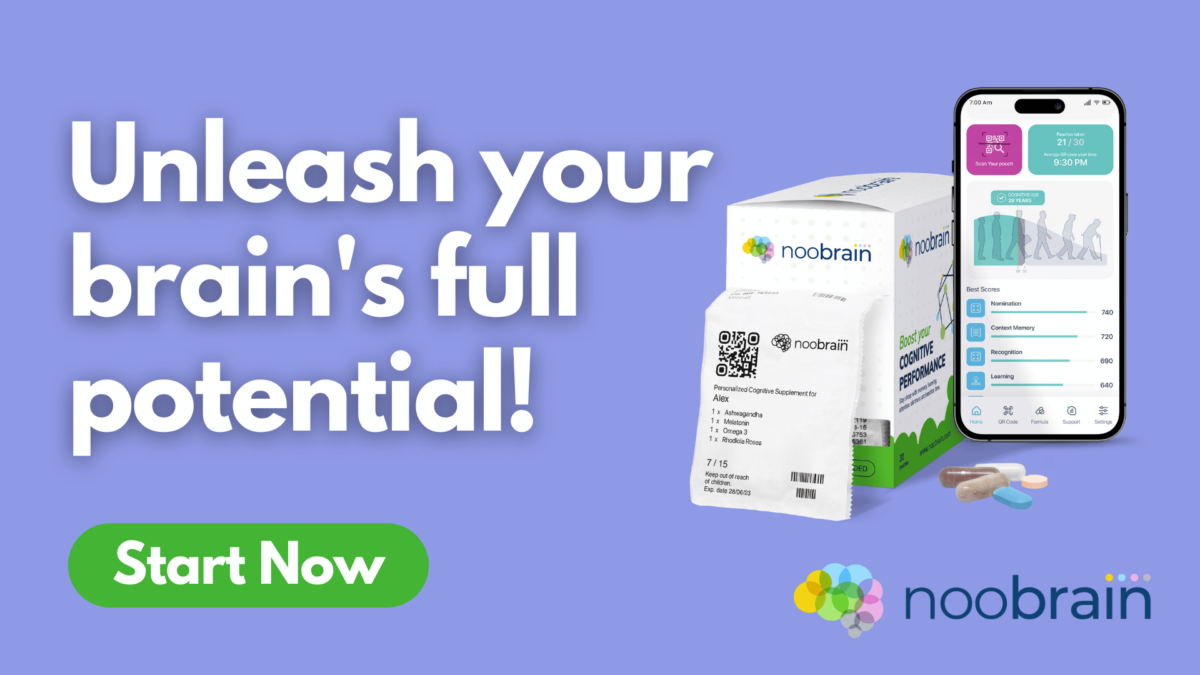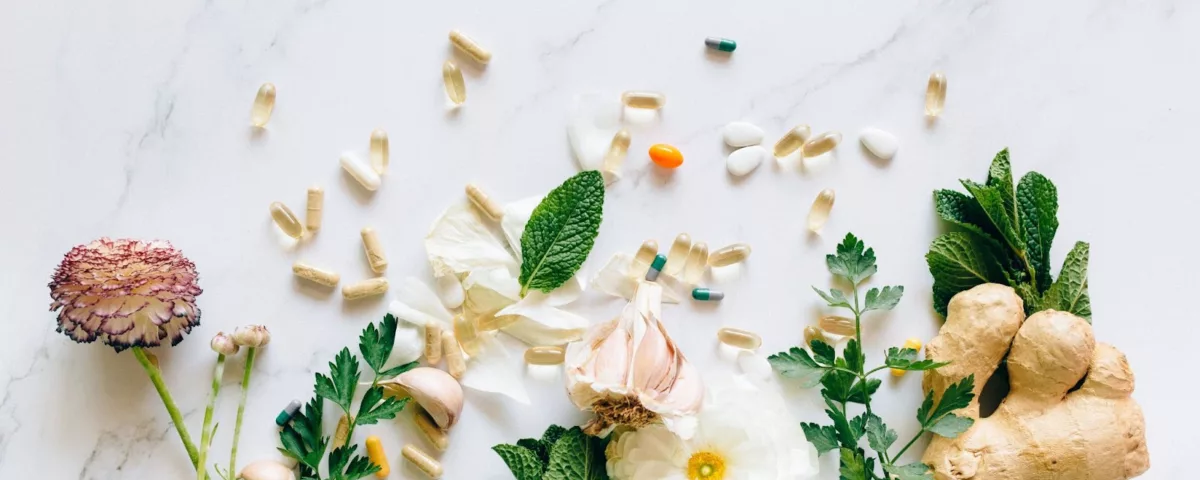Many people search for herbs for brain focus, also known as nootropic herbs. These natural substances that have been used for centuries in traditional medicine to improve memory, focus, and overall brain function. In this article, we will explore what nootropic herbs are, popular options available, the benefits they offer, how to incorporate them into your daily routine, and potential side effects and precautions to consider. So, let’s dive in and discover the power of nootropic herbs!
What are nootropic herbs?
Nootropic herbs are natural plants or botanicals that have cognitive-enhancing properties.
These natural nootropics have been used for centuries in various traditional medicines, such as Ayurvedic medicine and Traditional Chinese Medicine, to improve brain function, memory, and overall cognitive health.
They are also known as adaptogens. By incorporating these plant based nootropics into your routine, you can support your brain’s ability to focus, concentrate, and retain information.
Popular nootropic herbs
In this next section you will learn more about some of the best nootropic herbs for focus, memory and overall cognition. These plants are also common nootropic herbs in ayurveda.
Check out the nootropic herbs list below:
Ashwagandha
Ashwagandha is a root also considered a natural nootropic, native to India and is widely used in Ayurvedic medicine. It has been traditionally used to reduce stress, anxiety, and fatigue, while also improving memory and cognitive function.
This root contains compounds called withanolides, which have been shown to promote overall brain health and protect against cognitive impairment.
Ginkgo Biloba

Source: Pexels
Ginkgo Biloba is one of the oldest living tree species and has been used in traditional Chinese medicine for centuries.
By enhancing blood flow, Ginkgo Biloba can support cognitive function and help improve memory and concentration.
Panax Ginseng
Panax Ginseng, also known as Asian Ginseng, is a popular herb used in traditional Chinese medicine. It has been used for centuries to enhance mental performance, reduce fatigue, and improve mood.
Ginseng contains compounds called ginsenosides, which have been shown to have neuroprotective effects and enhance cognitive function.
Turmeric

Source: Pexels
Turmeric is a spice commonly used in Indian cuisine and is also known for its medicinal properties. It contains a compound called curcumin, which has potent anti-inflammatory and antioxidant effects.
This spice has been found to support brain health by reducing inflammation, improving memory, and promoting overall cognitive function.
Bacopa Monnieri

Source: Unsplash
Bacopa Monnieri, also known as Brahmi, is a herb traditionally used in Ayurvedic medicine. It is known for its ability to improve memory, focus, and overall cognitive function.
Bacopa contains compounds called bacosides, which have been shown to enhance neurotransmitter activity and promote new nerve cell growth in the brain
L-theanine

Source: Unsplash
L-theanine is an amino acid found in green tea and is known for its calming and relaxing effects. It has been shown to enhance alpha brainwave activity, which is associated with a state of relaxation and improved focus.
It’s from green tea leaves and can help reduce stress and anxiety while promoting mental clarity and cognitive performance.
Benefits of using Nootropic herbs

Source: Pexels
Incorporating nootropic herbs into your daily routine can offer a wide range of benefits for your brain health and cognitive function. Here are some of the key advantages of cognitive herbs:
1 – Improved memory and cognitive function
Nootropic herbs have been shown to enhance memory and overall cognitive function. They can help improve focus, concentration, and the ability to retain information. By supporting brain health and optimizing neurotransmitter activity, these herbs can enhance your learning capabilities and mental performance.
2 – Reduced stress and anxiety
Many nootropic herbs have adaptogenic properties, which means they help the body adapt to and cope with stress. By reducing stress and anxiety, these herbs can promote a calm and focused state of mind, allowing you to perform at your best.
3 – Enhanced Mood and Well-being
Certain nootropic herbs, such as Rhodiola Rosea and Panax Ginseng, have been shown to improve mood and overall well-being. They can help reduce symptoms of depression, boost energy levels, and promote a positive outlook on life.
How to incorporate nootropic herbs into your daily routine
Now that we understand the benefits of using herbal nootropics, let’s explore how to incorporate them into your daily routine. Here are some simple steps to get started:
- Research and choose the right herb for your needs: Each herb has its unique properties, so it’s important to research and select the one that aligns with your specific goals. Whether you’re looking for herbs for focusing to improve memory, reduce stress, or enhance focus, there’s likely a nootropic that may help you. But there isn’t such thing as the best herb for brain function, as everyone has different impact over different nootropic plants.
- Start with a low dose: It’s always recommended to start with a low dose when introducing a new herb into your routine. This allows your body to adjust and minimizes the risk of any potential side effects.
- Consult with a healthcare professional: If you have any underlying medical conditions or are taking medications, it’s essential to consult with a healthcare professional before incorporating nootropic herbs into your routine. They can provide personalized guidance and ensure there are no interactions or contraindications.
- Be consistent: To experience the full benefits of nootropic herbs, consistency is key. Incorporate them into your daily routine and give your body time to adapt and reap the rewards.

Potential side effects and precautions of using nootropic herbs
While nootropic herbs are generally safe, it’s important to be aware of potential side effects and take necessary precautions. Here are some considerations to keep in mind:
- Allergies: Some individuals may be allergic to certain herbs. If you experience any allergic reactions, such as itching, rash, or difficulty breathing, discontinue use and seek medical attention.
- Interactions with medications: Nootropic herbs may interact with certain medications, including blood thinners and antidepressants. Consult with a healthcare professional if you are taking any medications to ensure there are no contraindications.
- Pregnancy and breastfeeding: If you are pregnant or breastfeeding, it’s crucial to consult with a healthcare professional before using any nootropic herbs. Some herbs may not be safe during pregnancy or while breastfeeding.
- Individual sensitivity: Everyone’s body is unique, and some individuals may be more sensitive to certain herbs. If you experience any adverse effects, such as gastrointestinal discomfort or headaches, reduce the dosage or discontinue use.
Conclusion
Nootropic herbs offer a natural and effective way to support cognitive health and enhance brain function. From improving memory and focus to reducing stress and anxiety, these herbs have been used for centuries in traditional medicine to optimize brain performance.
So, why not give nootropic herbs a try and experience the benefits for yourself?
Ready to boost your brain health with nootropics? Start incorporating them into your daily routine and unlock your cognitive potential today!
Disclaimer: The information provided in this article is for informational purposes only and is not intended to substitute for professional medical advice, diagnosis, or treatment.

